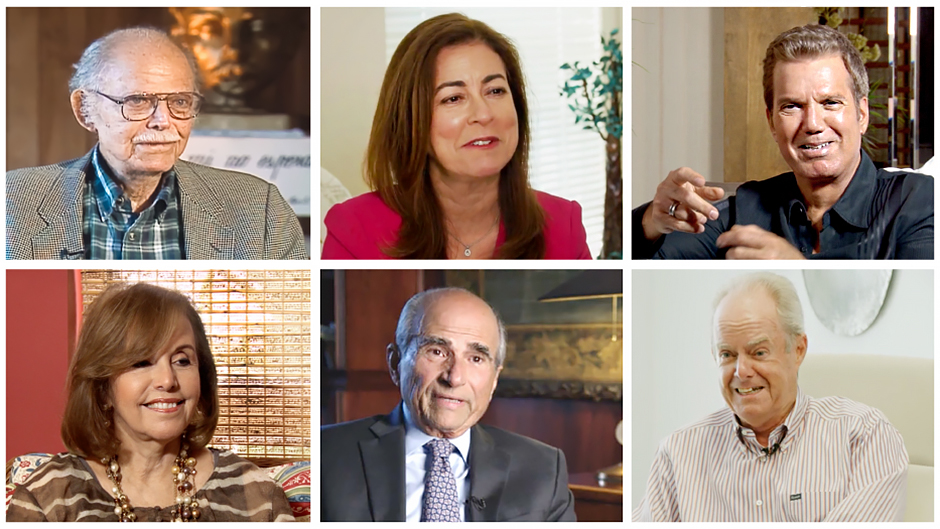Since 2008 the University of Miami Libraries’ Cuban Heritage Collection has been documenting the Cuban and Cuban American experience through the recording of oral histories.
Initially funded by the Amigos, the collection’s fundraising support organization, 118 interviews grouped under the Luis J. Botifoll Oral History Project focused on prominent figures who had a notable impact on Cuban history or the history of the Cuban community in the United States.
These include the late Huber Matos, a top commander in Fidel Castro’s army who later became disillusioned with the revolution and served a long prison sentence, as well as entertainers like popular singer Willy Chirino and comedian Guillermo Álvarez Guedes.
Other oral history efforts over the years have included the Human Rights Oral History Project and the Movimiento San Isidro Oral History Project, the latter documenting political protest in Cuba from 2018 to 2021.
Most recently, the Cuban Heritage Collection has recorded interviews with Cuban American entrepreneurs such as Mike Fernández, a health care magnate and philanthropist; Manny Medina, a tech entrepreneur, founder and chairman of eMerge Americas, and former CEO of Terremark Worldwide; and Jorge Pérez, a businessman and philanthropist.
Looking forward, library officials want to expand the oral history’s scope to incorporate a broader range of voices and to ensure that the overall program is sustainable.
“The Cuban Heritage Collection has been entrusted with preserving the legacy of Cuba's global diaspora through community documentation initiatives,” said Amanda Moreno, Esperanza Bravo de Varona chair and director of the Cuban Heritage Collection. “The Luis J. Botifoll Oral History Project is an important initiative because it captures the stories of the early wave of exiles after the 1959 revolution—entrepreneurs, professionals, artists, writers, and activists—who have made lasting contributions to our community.”
At the same time, Moreno and Michael Bustamante, associate professor of history, Emilio Bacardí Moreau chair in Cuban and Cuban American Studies, and director of academic programs at the collection, both see an opportunity to broaden the scope of this work to better encompass other periods and facets of Cuban and Cuban diaspora life.
“The Botifoll oral history project focused on the stories of early leaders in the Cuban exile community,” said Bustamante. “That work must be re-energized and continue, as the passage of time means the window to collect such accounts is narrowing.
“As an archival repository and resource for scholars, community members, and students, we also have a responsibility to record testimonies of Cubans from all walks of life, from all racial and gender backgrounds, generations, professions, migration cohorts, and political affiliations. In doing so, we can better capture the history of eras and moments that are little understood,” Bustamante said. Approximately 500,000 have left the island for the U.S. in just the past three years.
To achieve a more robust infrastructure for the collection’s oral history work, Bustamante and Moreno hope to launch a fundraising effort that will secure in-house staff and resources for a permanent, more expansive oral history initiative under their oversight. To spearhead efforts, they envision a colleague with a scholarly background in Cuban and Cuban diaspora history and culture, as well as experience in the oral history field to make sure methodological and ethical guidelines are being followed.
“One of the biggest misconceptions out there about the Cuban community in the United States is that we are a monolith,” said Bustamante. “Despite many shared experiences, we have never been.”
Bustamante noted that “expanding the range of diaspora stories that we collect, while continuing to augment our repository of testimonies from the founding exile generations, can give scholars, students, and community members access to a fuller portrait of our community in all its richness and complexity.”

